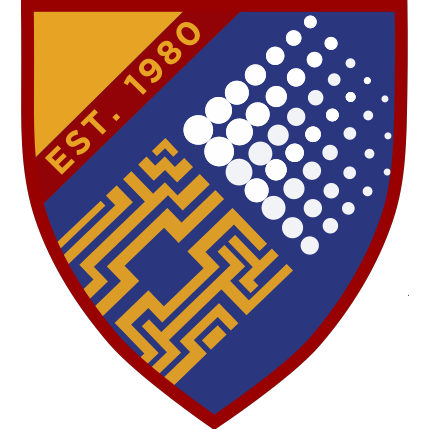📖Program Curriculum
First year modules
Compulsory
Introduction to Cognitive Psychology
Introduction to Developmental Psychology - Part 1
Introduction to Developmental Psychology - Part 2
Quantitative Research Methods in Psychology – Part 1
Qualitative Research Methods in Psychology – Part 1
Contemporary Issues in Education: learning communities in higher education
Contemporary issues in Education: engaging with research
Optional
Equality and Diversity: Children, Families and Society
Schooling: a social and cultural history
Philosophy of Education
Young People and Social Change
Second year modules
Compulsory
Biological Psychology
Cognitive Psychology
Individual Differences and Learning
Social Psychology and Learning
Quantitative Research Methods in Psychology – Part 2
Qualitative Research Methods in Psychology – Part 2
Third year modules
Compulsory
Placement
Dissertation
The Placement
To prepare for the placement you will attend workshops in the Spring of the previous academic year and then negotiate your own placement in an educational context or setting. A minimum of 70 hours of placement learning is expected, although many students do significantly in excess of this. The placement is undertaken at the end of the summer term of the previous academic year to when the module is assessed, over the following summer holiday period or in the early autumn term of the year in which the module is assessed. The assignment is a 4000 word reflective learning journal and you are carefully prepared for writing this.
Recent and past placements have been undertaken in a range of settings, for example: as voluntary teaching assistants in schools; shadowing an education professional; working on an educational research project; leading educational activities on a summer camp or language school; shadowing a prison educator; working in a tutorial school, and; helping in an outdoor education centre. Placements can be based in the UK or in another country overseas. A risk assessment process will help you plan safely for your placement.
Optional
Critical Approaches to Psychology in Education
Children as Citizens
Divided Publics
Sociology of Power Control and Resistance
The Development of Anxiety in Childhood and Adolescence and Applications to Education
Harmful Societies
Quantitative Data Analysis
Critical Approaches to Educational Psychology
Identify Politics and Everyday Life
Reclaiming Education: Past, Present and Futures
Year abroad
Those who transfer to the Year Abroad course will undertake their third year overseas in one of our partner institutions. The modules followed in the host university will build on existing knowledge from the first two years of your degree. In the fourth year, you will complete the third year of your BSc (Hons) Psychology in Education at the University of Birmingham.
Please note: The modules listed on the website for this programme are regularly reviewed to ensure they are up-to-date and informed by the latest research and teaching methods. On rare occasions, we may need to make unexpected changes to compulsory modules; in this event we will contact offer holders as soon as possible to inform or consult them as appropriate.
For more information on this degree programme please email [email protected]
Alternatively, please contact Admissions for more information on admission and entry requirements. Email [email protected] or telephone 0121 414 5488.
Show less
Show more










